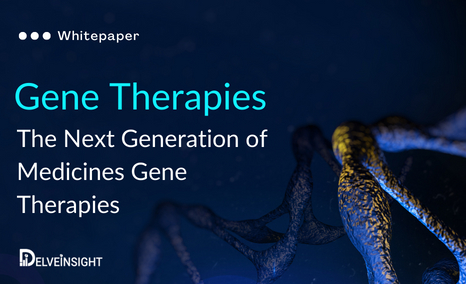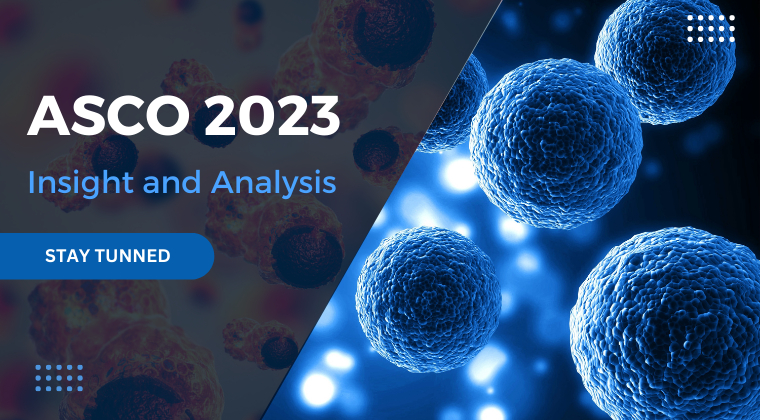Efforts to develop antibodies that can ferry drugs into cancer cells and minimize damage to healthy tissue are gathering steam. The next generation of these ‘weaponized antibody’ therapies, called antibody–drug conjugates (ADCs), is working its way through clinical trials. The concept that underlies these drugs is simple, as they re-purpose an antibody as a vehicle to deliver a toxic drug into a cancer cell. When the antibody in an ADC seeks out and docks onto a tumour cell, the cell takes it up and cleaves the molecular links that bind the drug to the antibody. This frees the drug to kill the cell from within. Researchers have been chasing ADCs for decades. The US Food and Drug Administration has approved three, but one was subsequently withdrawn from the market amid concerns that it was not effective and posed safety risks. The other two have met a happier fate: sales of Adcetris (brentuximab vedotin), approved in 2011 to treat lymphoma, and Kadcyla (trastuzumab emtansine), approved in 2013 to treat breast cancer, have been encouraging.
To learn more, click Antibody’ Therapies.

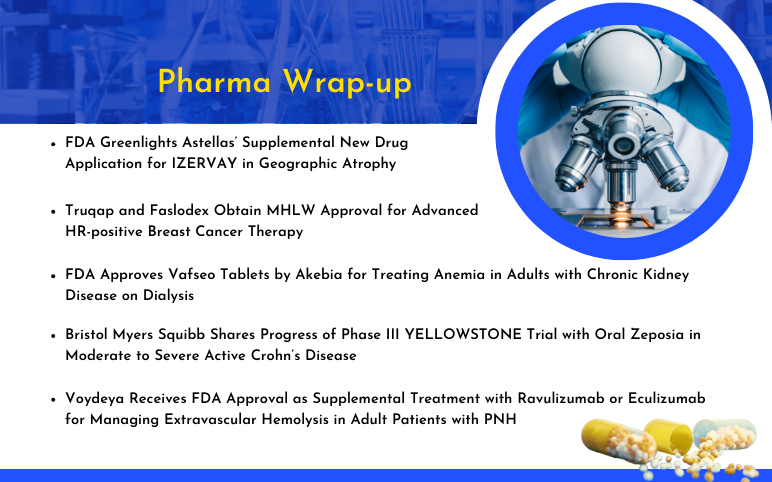
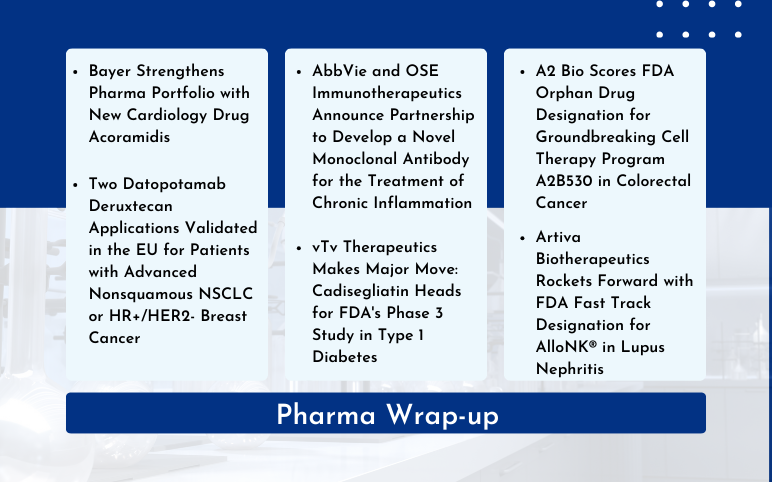
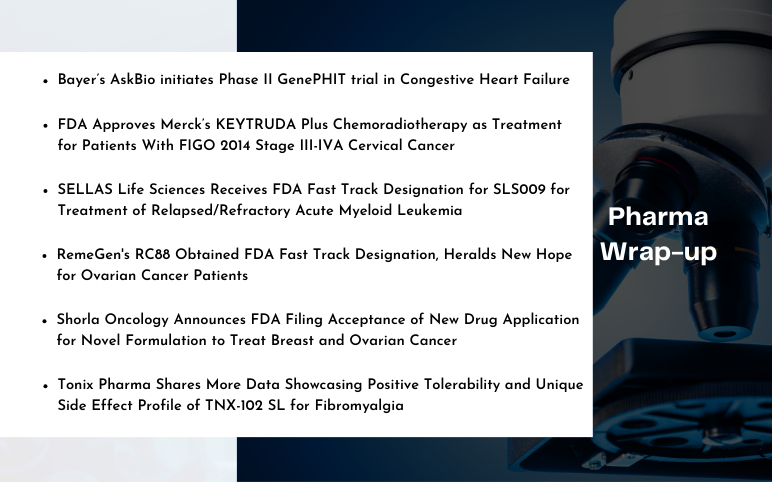

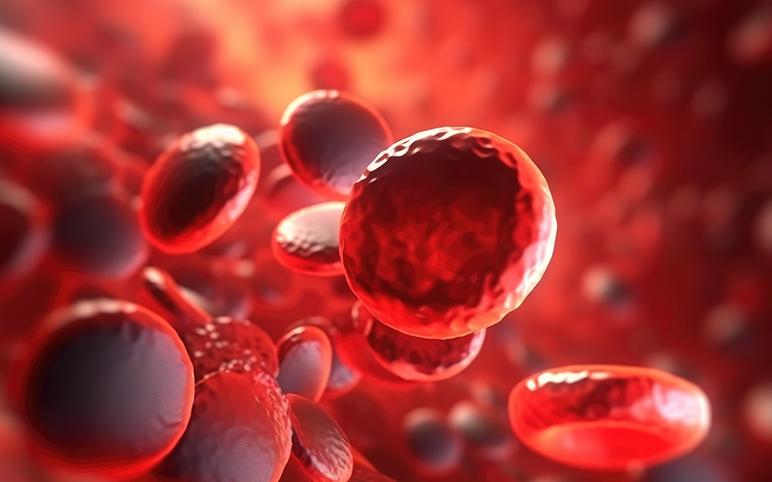
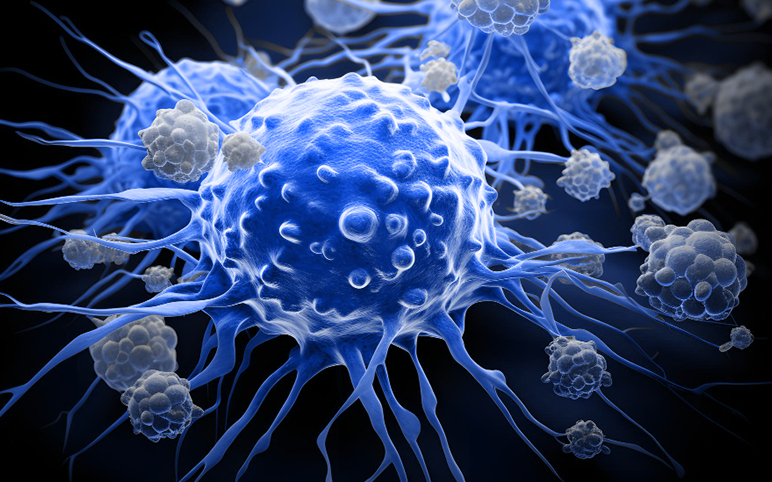

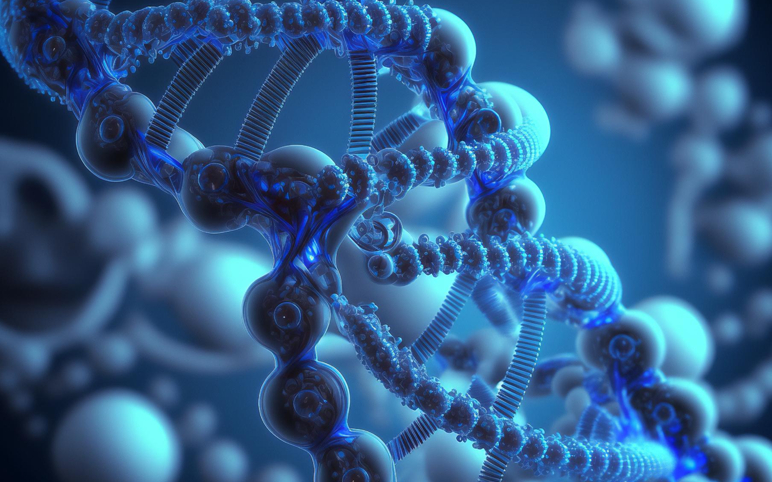
-Agonist.png)

